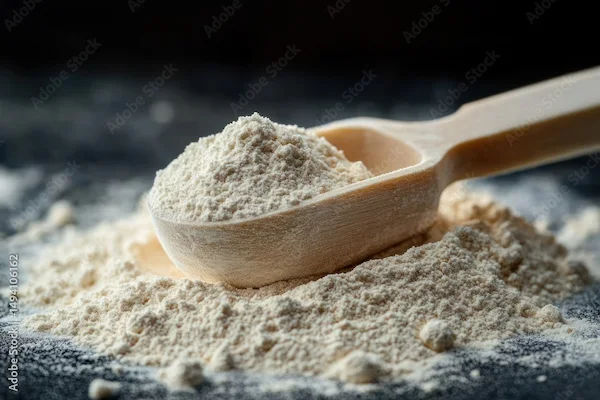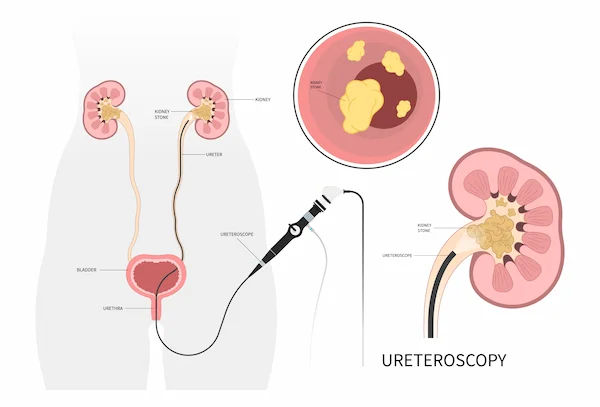Folic Acid: Overview, Benefits, and Sources

Written by Dr. Shaik Abdul Kalam
Reviewed by Dr. Dhankecha Mayank Dineshbhai MBBS
Last updated on 13th Jan, 2026

Introduction
Folic acid is an essential nutrient that plays a crucial role in maintaining good health. Whether you're planning a pregnancy, managing a health condition, or simply looking to improve your diet, understanding folic acid can help you make informed choices. In this article, we’ll explore what folic acid is, its benefits, natural sources, and how to ensure you're getting enough of it.
What is Folic Acid?
Folic acid is the synthetic form of folate, a B-vitamin (Vitamin B9) that our bodies need for various functions, including cell growth, DNA formation, and red blood cell production. While folate occurs naturally in foods, folic acid is commonly found in fortified foods and supplements.
Our bodies cannot produce folate on their own, so we must obtain it through diet or supplements. A deficiency in folic acid can lead to health problems, making it important to maintain adequate levels.
Why is Folic Acid Important?
Folic acid offers several health benefits, including:
1. Supports Pregnancy and Fetal Development
Folic acid is critical for pregnant women as it helps prevent neural tube defects (NTDs) like spina bifida in developing babies.
Doctors recommend women take 400–800 mcg of folic acid daily before and during pregnancy.
2. Prevents Anemia
Folic acid helps produce healthy red blood cells, preventing megaloblastic anaemia, a condition where blood cells are large and immature.
3. Supports Heart Health
It helps lower homocysteine levels, an amino acid linked to heart disease and stroke when elevated.
4. Aids Brain Function
Some studies suggest folic acid may support cognitive health and reduce the risk of age-related memory decline.
5. Supports Cell Repair and Growth
Since folic acid is involved in DNA synthesis, it helps with tissue growth and repair, making it essential for overall health.
Who is at Risk of Folic Acid Deficiency?
Certain groups are more likely to have low folic acid levels, including:
Pregnant women (due to increased demand)
People with digestive disorders (like celiac disease or Crohn’s disease, which affect nutrient absorption)
Individuals with alcohol dependence (alcohol interferes with folate absorption)
Those on certain medications (like methotrexate or anti-seizure drugs)
Symptoms of Folic Acid Deficiency
If you're not getting enough folic acid, you may experience:
Fatigue and weakness
Pale skin
Mouth sores
Irritability
Shortness of breath
Poor concentration
Consult Top Specialists for Personalised Tips
If you notice these symptoms, consult a doctor for a blood test to check your folate levels.
Best Food Sources of Folic Acid
The best way to get folic acid is through a balanced diet. Here are some folate-rich foods:
1. Leafy Greens
Spinach, kale, and romaine lettuce are excellent natural sources.
2. Legumes
Lentils, chickpeas, black beans, and peas provide a good amount of folate.
3. Fortified Grains
Many cereals, bread, and pasta are enriched with folic acid.
4. Citrus Fruits
Oranges, grapefruits, and lemons contain folate.
5. Avocados
A great source of healthy fats and folate.
6. Nuts and Seeds
Almonds, sunflower seeds, and flaxseeds are good options.
7. Eggs and Liver
Animal-based sources like eggs and liver (in moderation) also provide folate.
Should You Take Folic Acid Supplements?
While a healthy diet can provide enough folate, some people may need supplements, including:
Pregnant women or those planning pregnancy
Individuals with malabsorption issues
People with high homocysteine levels
Always consult a doctor before starting supplements, as excessive intake can mask vitamin B12 deficiency.
Tips for Managing Folic Acid Intake
1. Eat a folate-rich diet – Include leafy greens, legumes, and fortified foods.
2. Avoid overcooking vegetables – Folate is water-soluble; steaming or microwaving preserves it better than boiling.
3. Limit alcohol – Excessive drinking reduces folate absorption.
4. Check medication interactions – Some drugs interfere with folate metabolism.
5. Get tested if needed – If you’re at risk, a simple blood test can determine your folate levels.
When to See a Doctor?
If you suspect a deficiency or are planning a pregnancy, it’s best to consult a healthcare provider. Apollo 24|7 offers easy online consultations and lab tests to check your nutrient levels.
Book a Consultation or Test Today? Visit Apollo 24|7 to schedule a test or speak with a doctor.
Final Thoughts
Folic acid is a vital nutrient that supports overall health, especially during pregnancy and for heart and brain function. By eating folate-rich foods and considering supplements when necessary, you can maintain optimal levels and prevent deficiencies.
If you have concerns about your folic acid intake, don’t hesitate to reach out to a healthcare professional for guidance.
Consult Top Specialists
Consult Top Specialists for Personalised Tips

Dr Aswathy D C
General Practitioner
6 Years • MBBS
Bangalore
Apollo Clinic Bellandur, Bangalore

Dr. Sanjukta Das
General Physician
9 Years • MBBS
Kolkata
MCR SUPER SPECIALITY POLY CLINIC & PATHOLOGY, Kolkata

Dr. Bhethala Sharan Prakash
General Physician/ Internal Medicine Specialist
5 Years • MBBS MD
Bengaluru
PRESTIGE SHANTHINIKETAN - SOCIETY CLINIC, Bengaluru

Dr. Sudhashree R
General Physician/ Internal Medicine Specialist
13 Years • MBBS, MRCEM
Bengaluru
Apollo Clinic, JP nagar, Bengaluru

Dr. Ashita Kuruvilla
General Physician/ Internal Medicine Specialist
7 Years • MBBS
East Midnapore
VIVEKANANDA SEBA SADAN, East Midnapore
Consult Top Specialists

Dr Aswathy D C
General Practitioner
6 Years • MBBS
Bangalore
Apollo Clinic Bellandur, Bangalore

Dr. Sanjukta Das
General Physician
9 Years • MBBS
Kolkata
MCR SUPER SPECIALITY POLY CLINIC & PATHOLOGY, Kolkata

Dr. Bhethala Sharan Prakash
General Physician/ Internal Medicine Specialist
5 Years • MBBS MD
Bengaluru
PRESTIGE SHANTHINIKETAN - SOCIETY CLINIC, Bengaluru

Dr. Sudhashree R
General Physician/ Internal Medicine Specialist
13 Years • MBBS, MRCEM
Bengaluru
Apollo Clinic, JP nagar, Bengaluru

Dr. Ashita Kuruvilla
General Physician/ Internal Medicine Specialist
7 Years • MBBS
East Midnapore
VIVEKANANDA SEBA SADAN, East Midnapore




